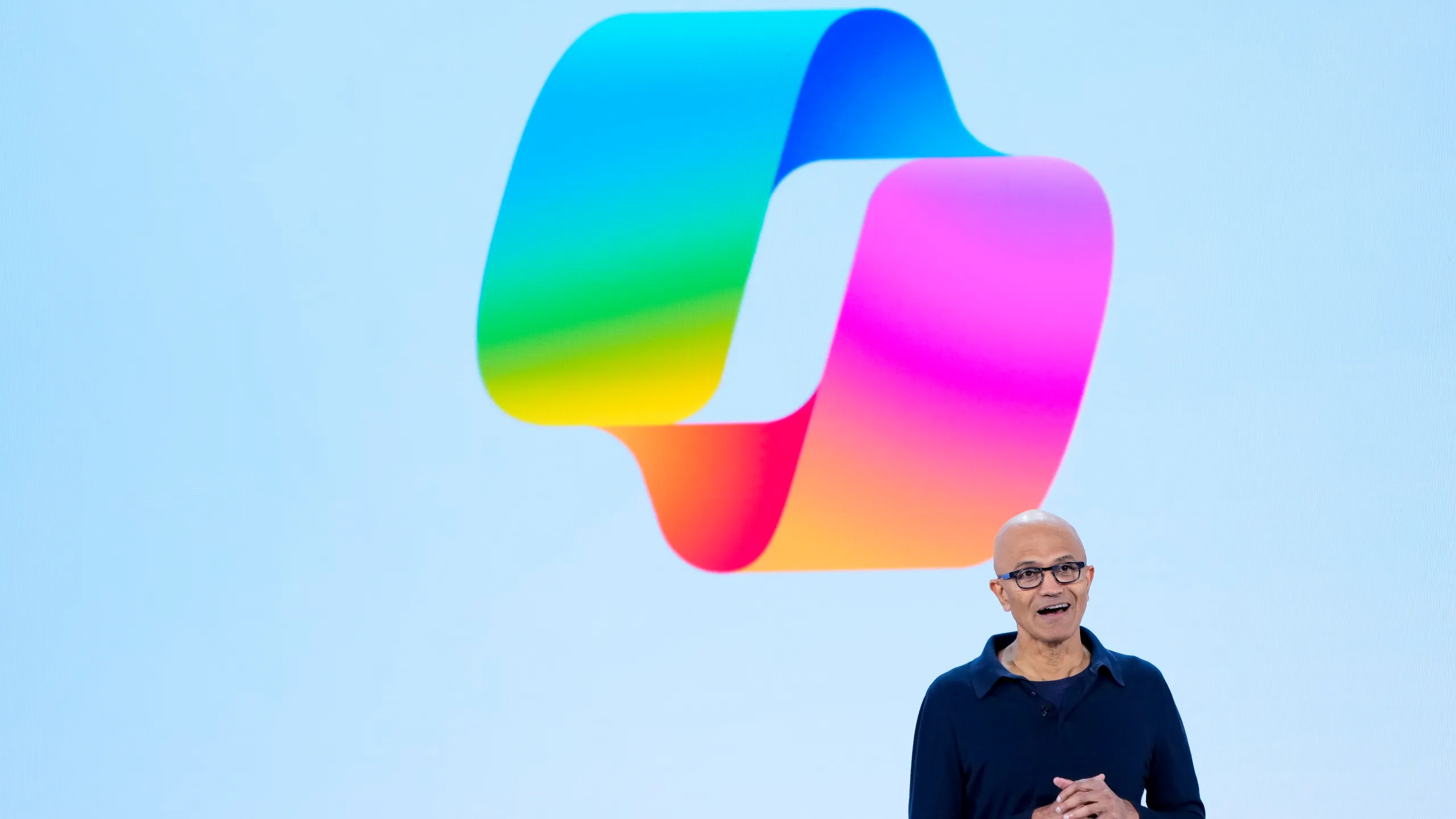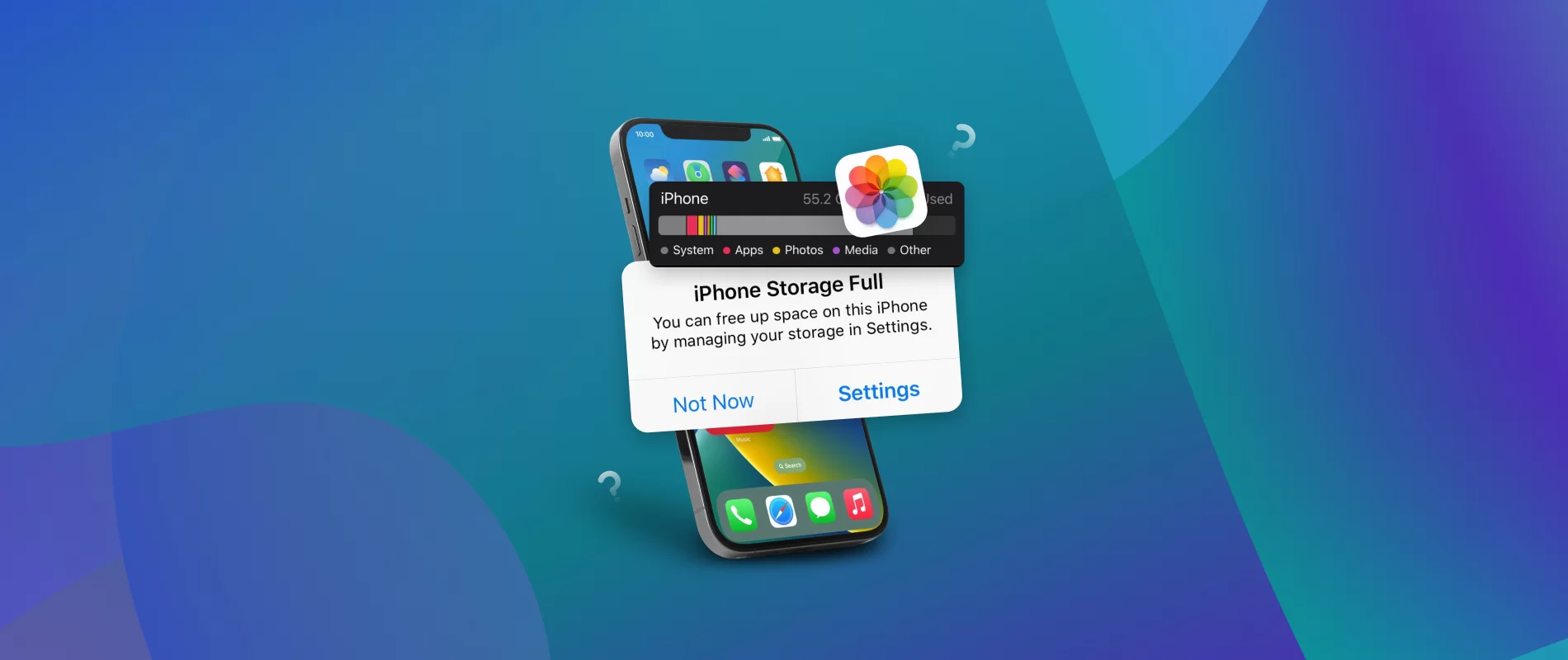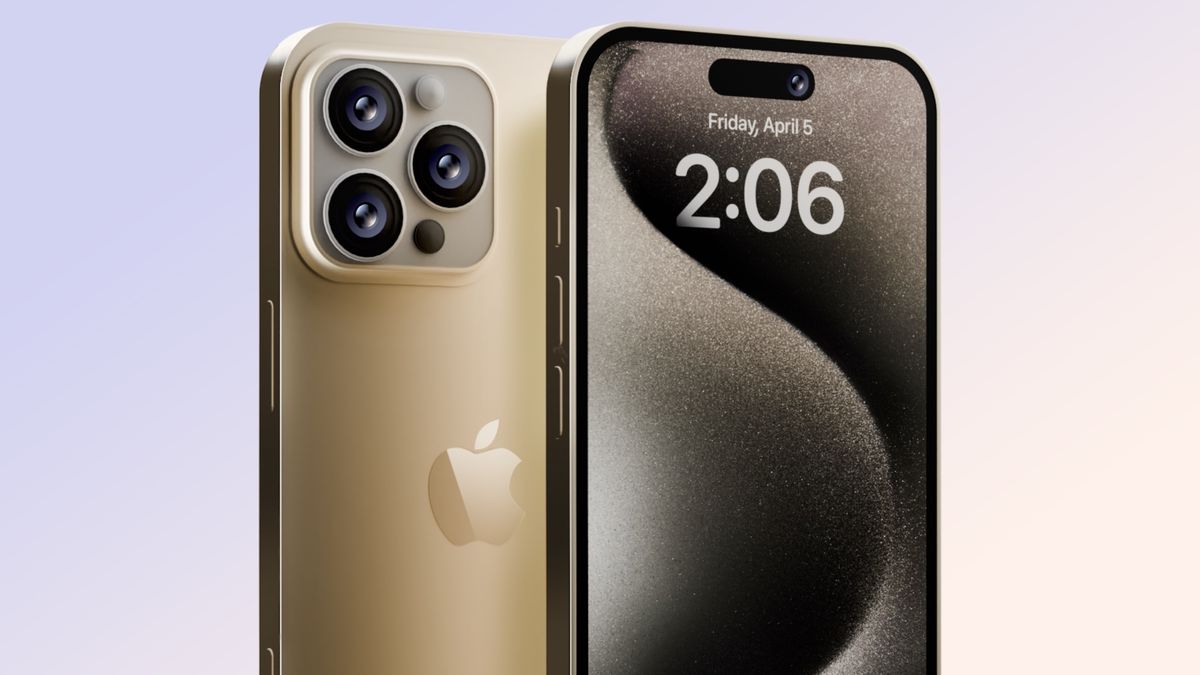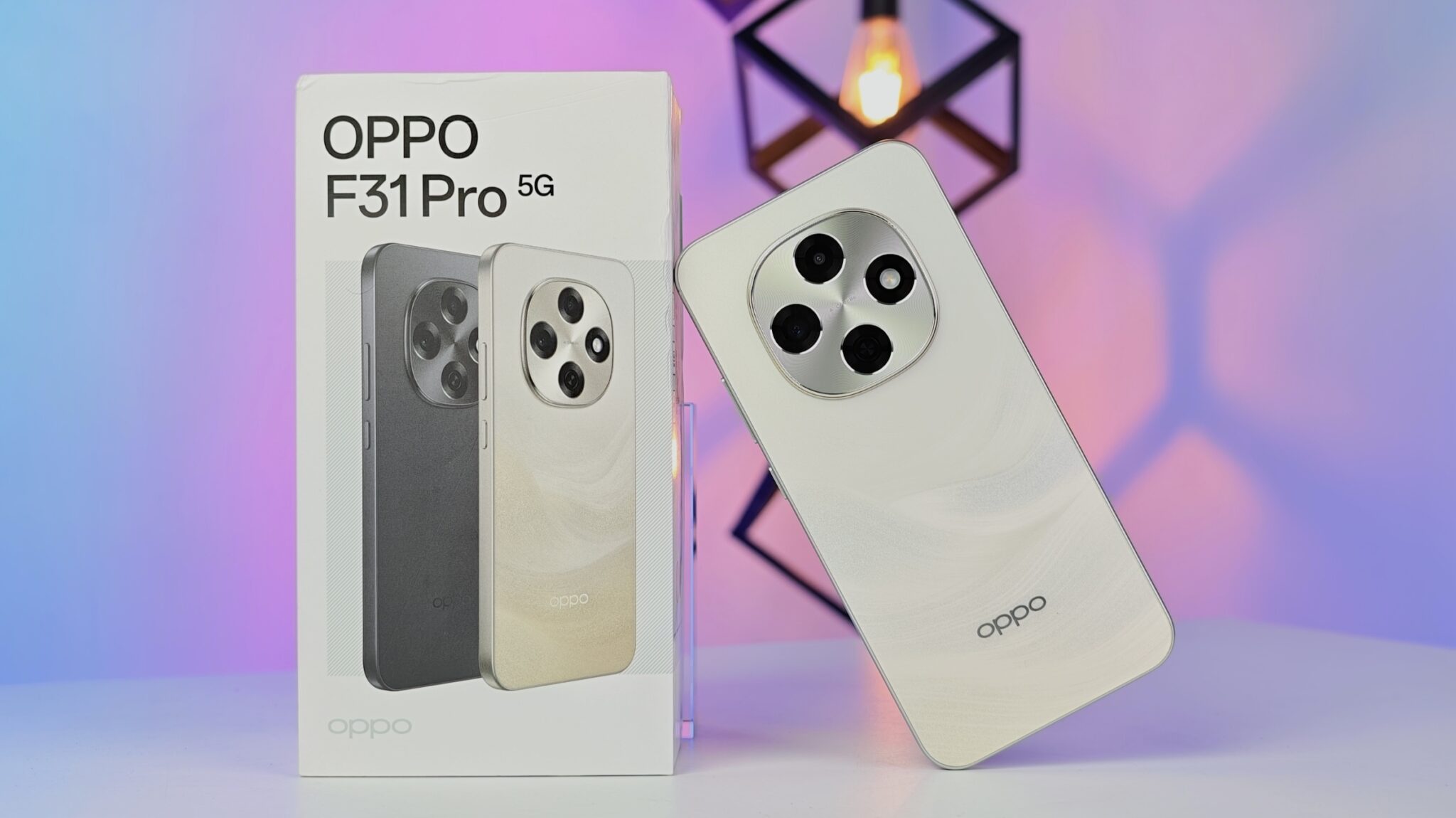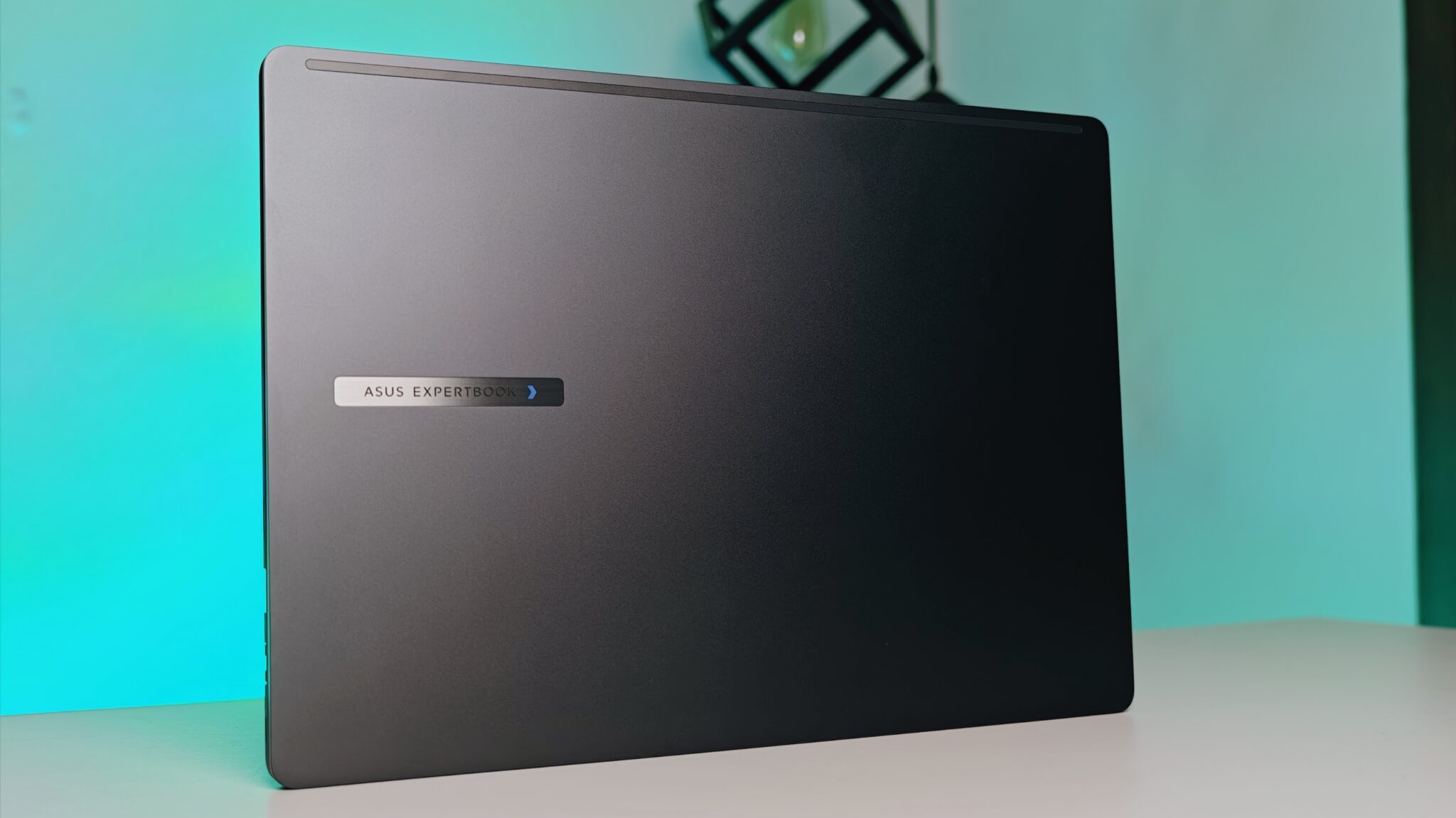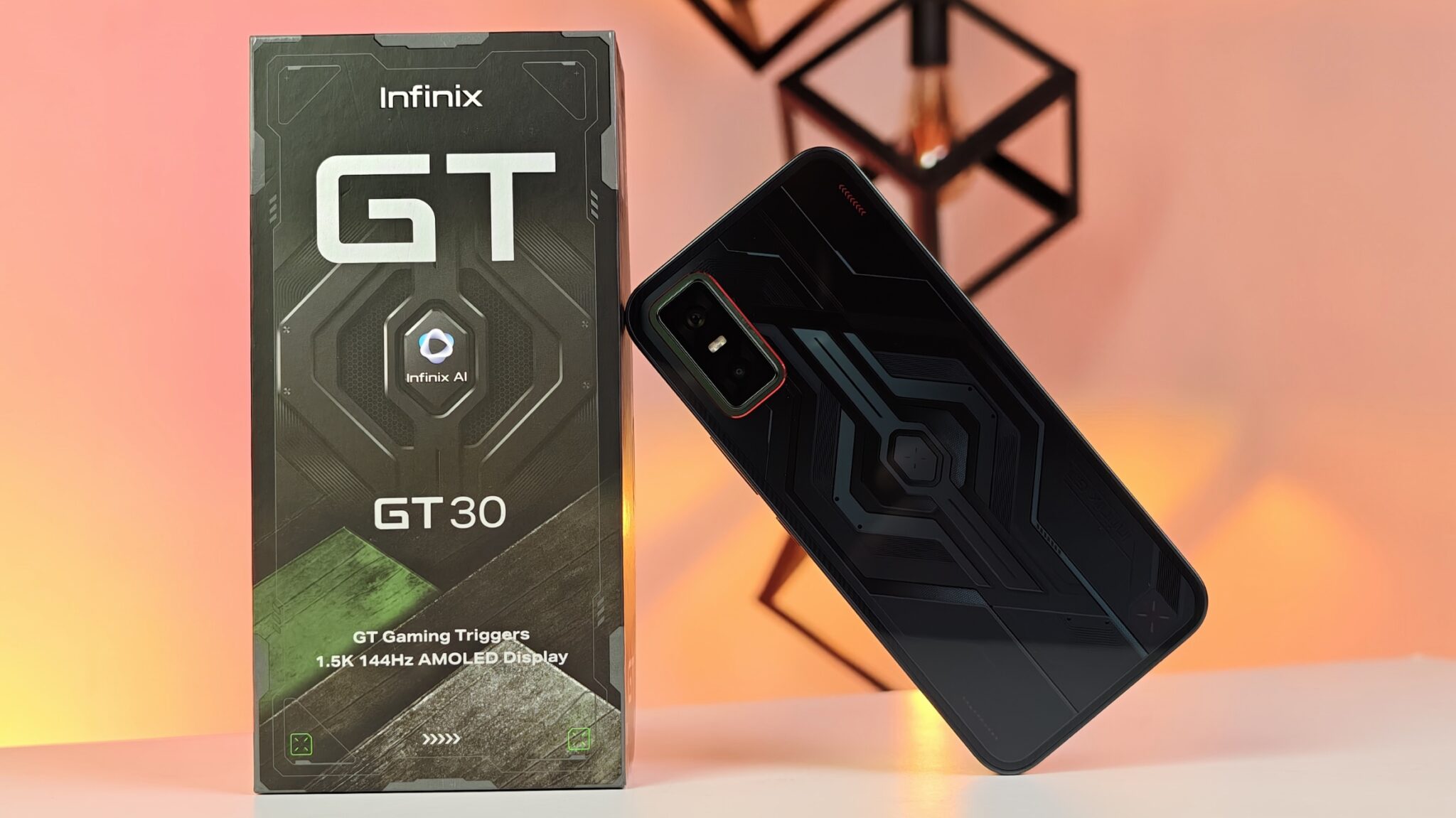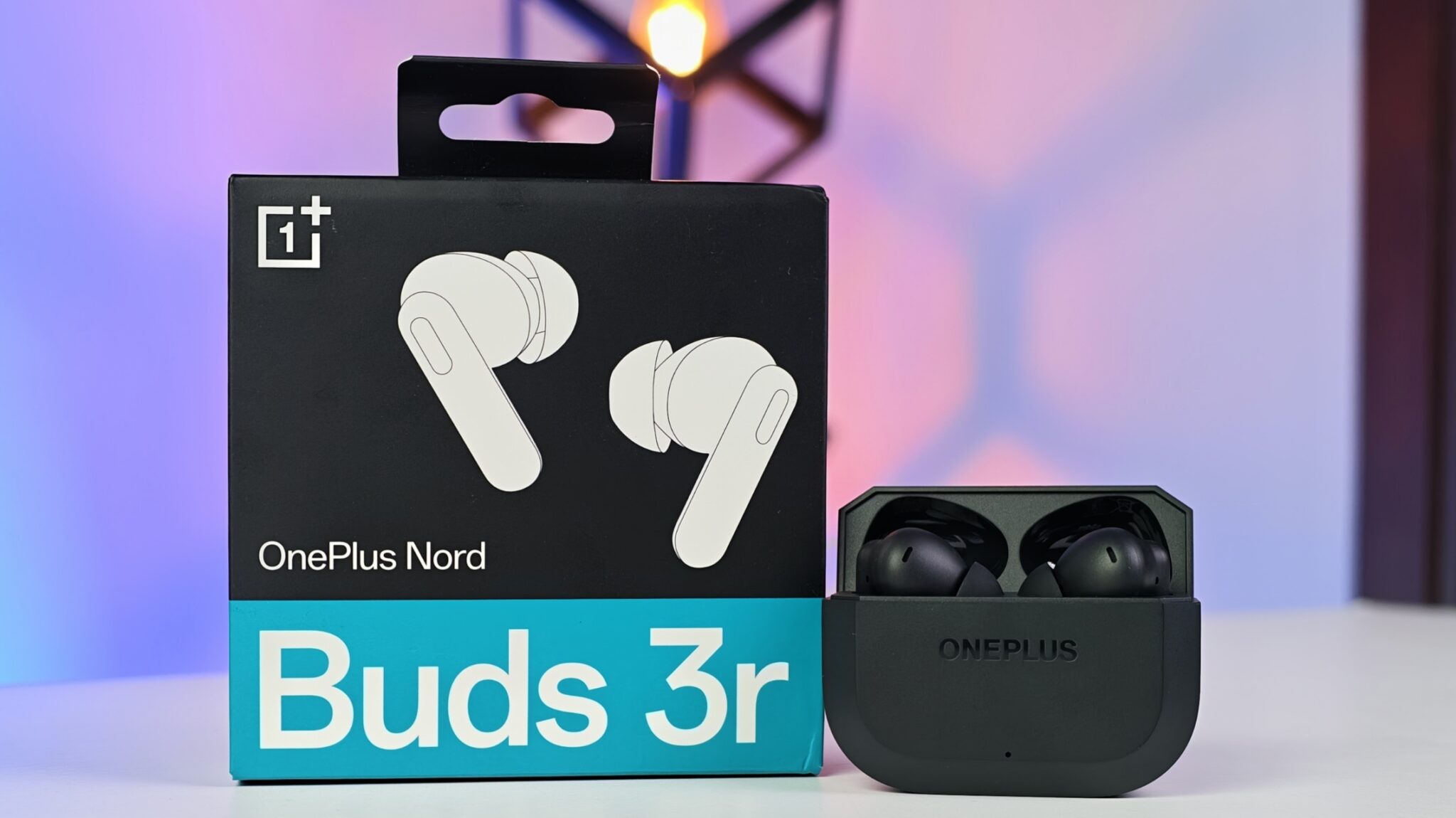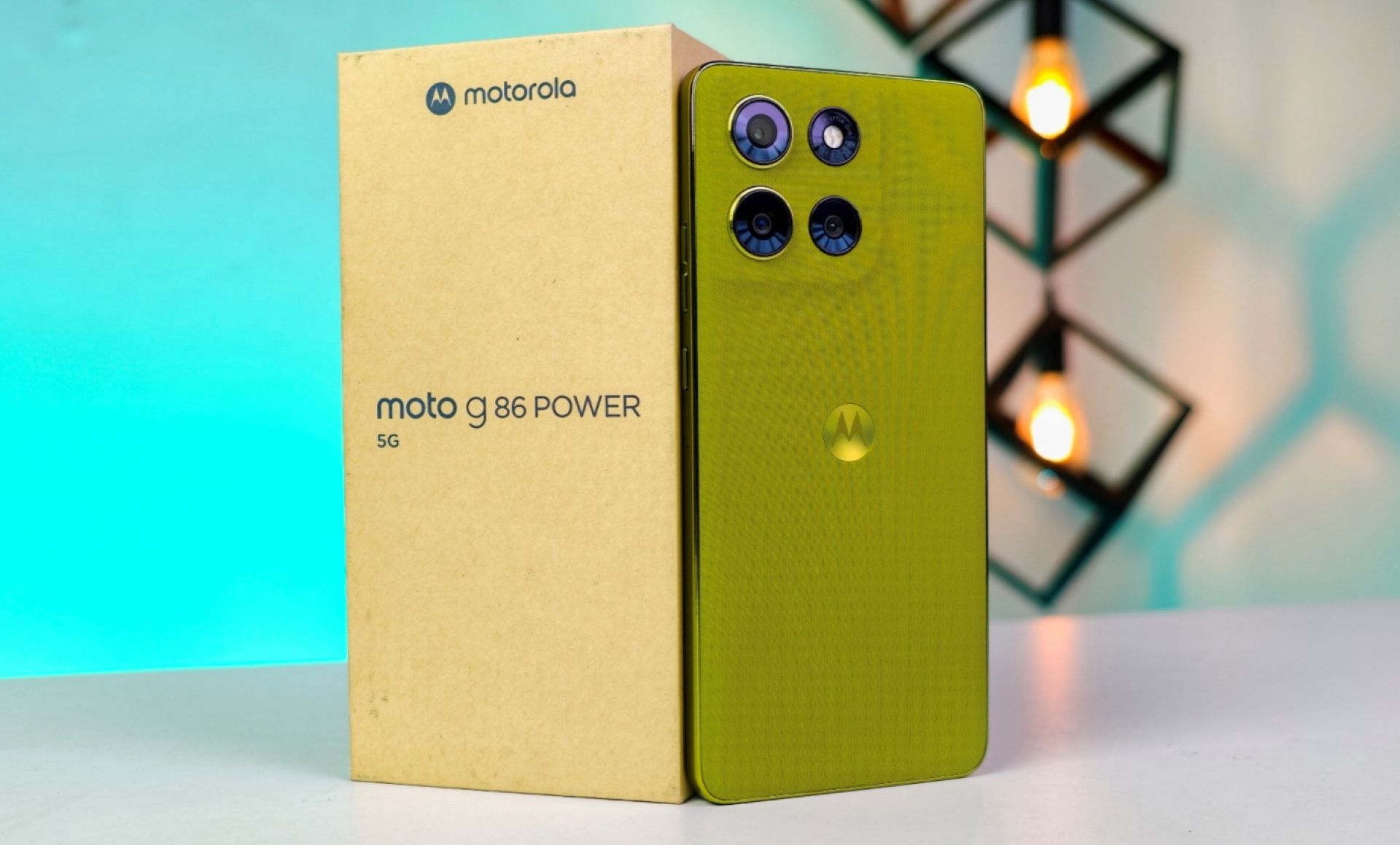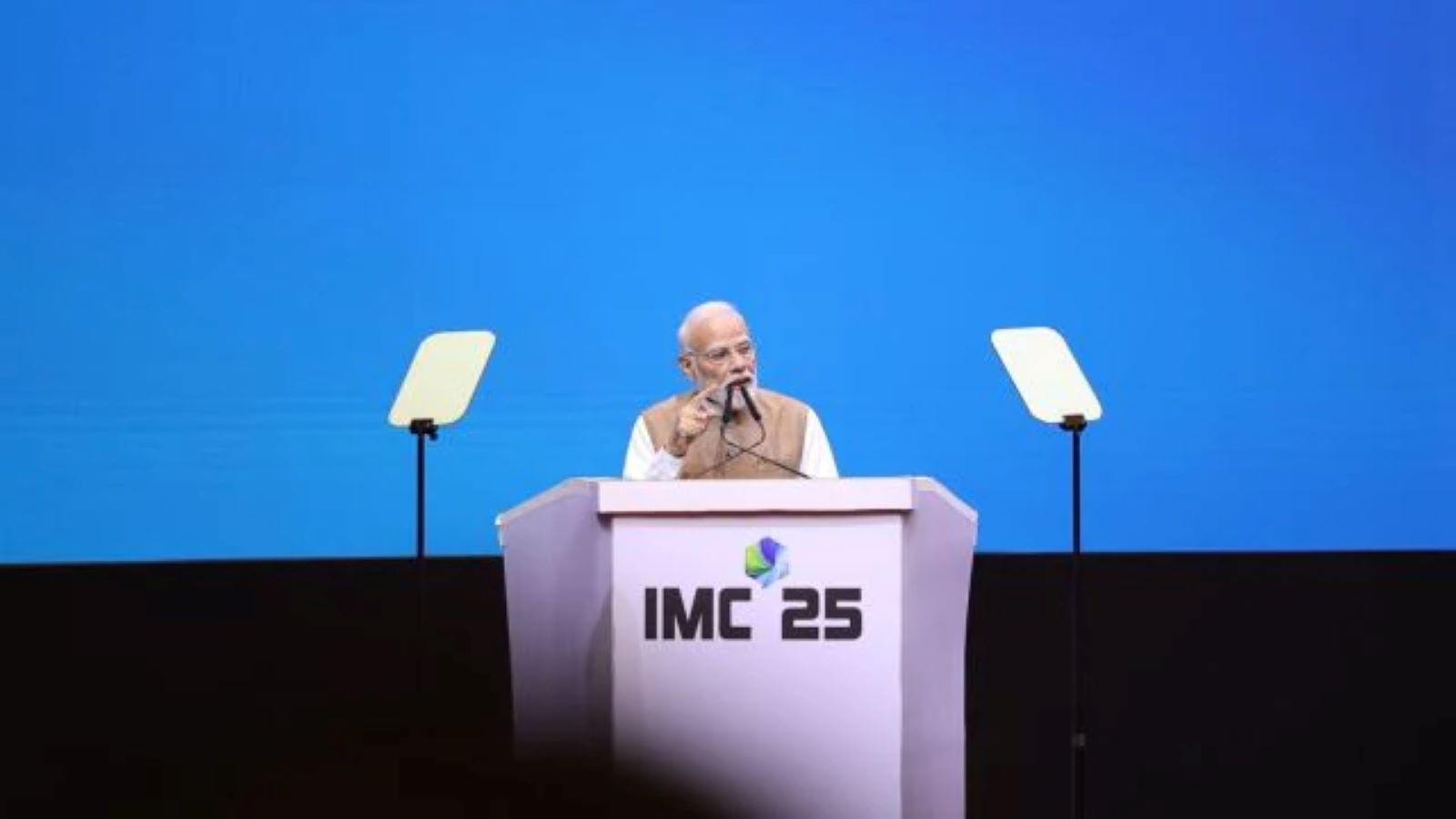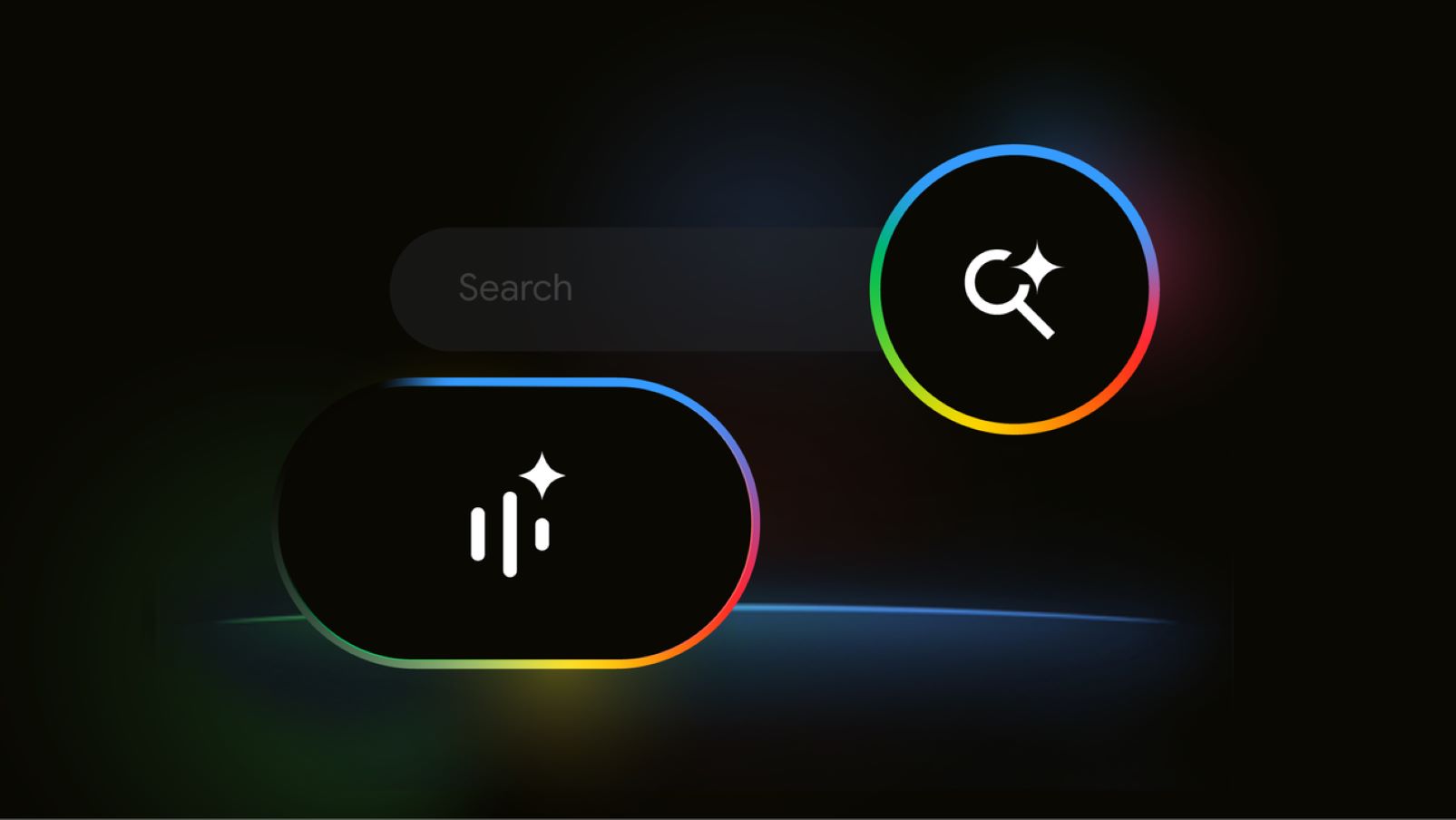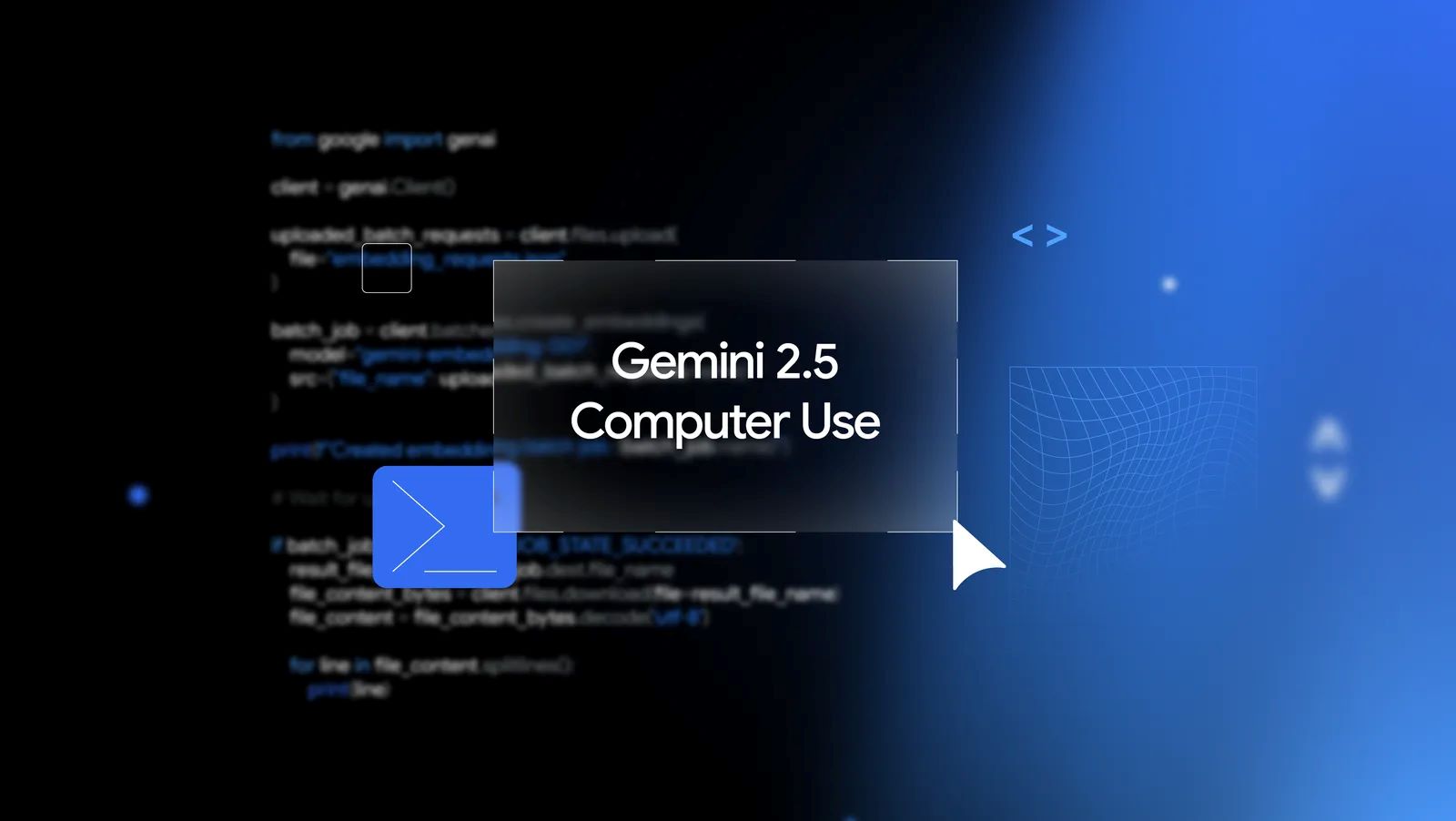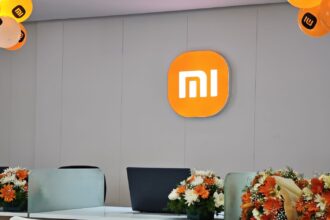Microsoft’s latest AI feature, “Recall,” has been the center of controversy since its announcement. Designed to enhance user experience by taking snapshots of on-screen activity, Recall aims to help users by providing a detailed history of their actions. However, this feature has raised alarm among security experts and privacy advocates.
Overview of the Recall Feature
Unveiled as part of the new Copilot+ PCs, the Recall feature is integrated into Windows 11, set to launch in mid-June 2024. Recall continuously monitors and captures snapshots of everything displayed on a user’s screen. These snapshots are stored locally on the device and are intended to assist users in retrieving information they might need later, without relying on cloud storage.
Privacy and Security Concerns
The primary concern revolves around the vast amount of sensitive information that Recall could potentially capture. Critics argue that storing such detailed data locally does not eliminate the risk of unauthorized access. Security experts have pointed out that anyone with access to the device, either physically or remotely, could view sensitive information, including passwords, private conversations, and personal data.
Kevin Beaumont, a former senior threat intelligence analyst at Microsoft, criticized the feature, suggesting that it could serve as a “goldmine for cybercriminals.” He warned that the continuous logging of user activity creates a significant security vulnerability.
Additionally, there are concerns about compliance with global data protection regulations, such as GDPR and CCPA. Experts argue that the feature lacks adequate content moderation and does not provide sufficient safeguards to protect user privacy. Omri Weinberg, co-founder of DoControl, emphasized that the feature’s potential to store sensitive information without proper security protocols poses a substantial risk.
Regulatory Scrutiny and Public Reaction
The UK’s Information Commissioner’s Office (ICO) has launched an investigation into Microsoft’s Recall feature to assess its compliance with privacy laws. This regulatory scrutiny underscores the significant concerns about user data protection and privacy risks associated with the new feature.
Public reaction has been mixed, with some users expressing concerns over the invasive nature of Recall. Prominent figures, including Elon Musk, have publicly criticized the feature, likening it to something out of a “Black Mirror” episode. There are fears that despite Microsoft’s assurances, the feature could be exploited, leading to potential privacy breaches.
Microsoft’s Response and Future Implications
Microsoft has defended Recall, stating that the snapshots are stored locally and encrypted to protect user data. The company has also highlighted that users can disable the feature or exclude specific applications from being monitored. However, these measures have not fully alleviated concerns, as critics argue that the feature should be opt-in rather than enabled by default during the initial setup of the device.
Moving forward, the success of Recall and similar AI features will heavily depend on Microsoft’s ability to address these privacy and security concerns. The company’s response to regulatory scrutiny and user feedback will be crucial in determining the future of such AI integrations in consumer technology.


